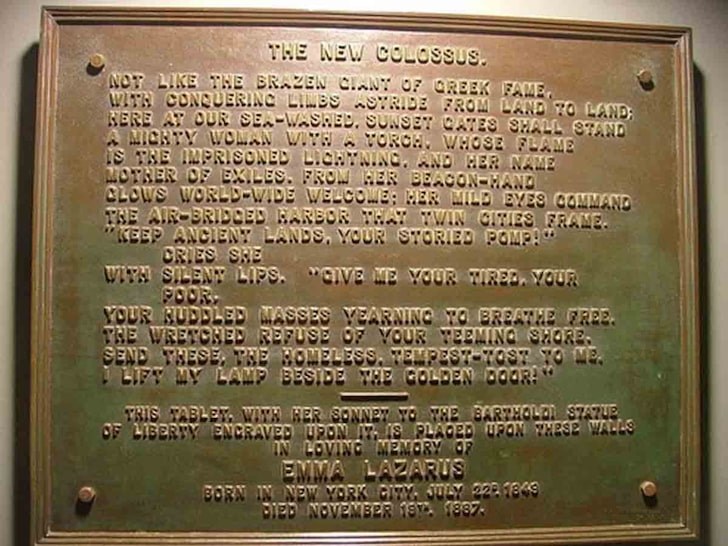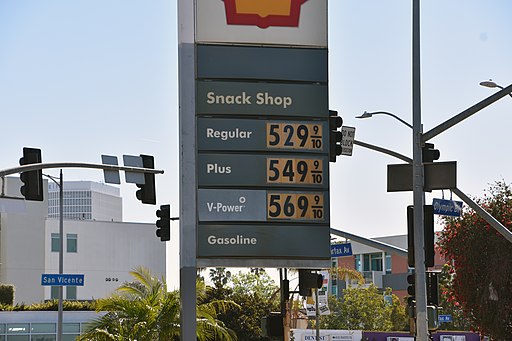
It’s a grisly affair: Dozens of immigrants locked in a semi-trailer in San Antonio, Texas, apparently abandoned by those attempting to smuggle them into the United States. After their cries for help were heard and rescuers arrived, 48 were found dead at the scene, four more died shortly thereafter, and 16 were hospitalized.
US Homeland Security Secretary Alejandro Mayorkas pronounces himself “heartbroken,” but doesn’t seem inclined to apologize for the “unprecedented” operation he launched less than three weeks ago in “an all-of-government effort to attack the smuggling organizations.” As of that time, DHS bragged, nearly 2,000 smugglers had been arrested in the previous eight weeks.
Texas governor Greg Abbott declares that “these deaths are on [US president Joe] Biden” — not because Biden is ultimately responsible for the “unprecedented operation” leading directly to outcomes like this, but because (in Abbott’s vivid imagination, anyway) Biden pursues “open border” policies.
But if the US government pursued the “open borders” policy mandated in its Constitution, those immigrants wouldn’t have been locked in a semi-trailer in the first place, nor would their drivers have abandoned them, presumably after suspecting that they were immediate targets of Mayorkas’s “unprecedented operation.”
Instead, they’d have arrived in the US alive, in good health, and without fear of abduction by Mayorkas’s or Abbott’s thugs.
They’d have arrived the way any of us arrive anywhere — on foot, by bicycle or scooter, motorcycle, car, bus, plane — and largely, like all of us, without incident.
Why didn’t they? Because American politicians know that supporting government lawlessness on immigration gets them votes.
A vote for a non-“open borders” politician — these days, that means pretty much any Republican or Democrat — is a vote for mass murder.
If you happen to believe in a deity who watches and judges us, remember that the next time you fill out a ballot.
Thomas L. Knapp (Twitter: @thomaslknapp) is director and senior news analyst at the William Lloyd Garrison Center for Libertarian Advocacy Journalism (thegarrisoncenter.org). He lives and works in north central Florida.
PUBLICATION/CITATION HISTORY


